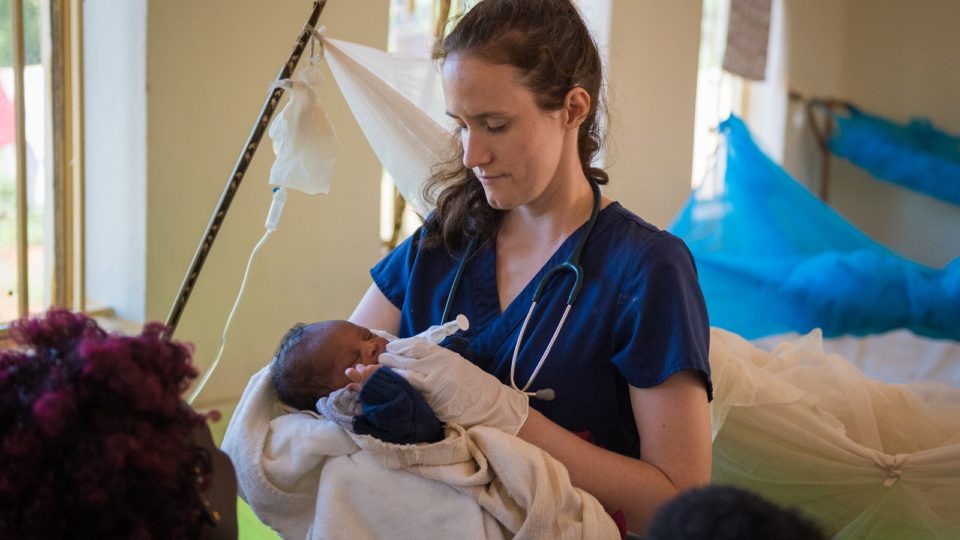Volunteering Abroad: 10 Tips to Get Prepared

This year, CMMB’s Volunteer Program Manager, Marcia Grand Ortega and former International Volunteer Deborah Rayhab, had the opportunity to join public health experts Wilbroad Mutale from the University of Zambia and Comfort Enders from the University of Liberia for a panel discussion on responsible engagement in impactful global health work through volunteering. In doing so, they shared important insight into the steps and preparations incoming volunteers can take to prepare for their experience abroad. Here, we share ten takeaways!
1. Get to know the culture
Research the customs, traditions, and values of the community you’ll be serving. Keep in mind that what may be acceptable in one culture might not be in another. For example, speaking with a loud voice may be seen as disrespectful in many cultures.
2. Educate yourself on the country’s history and colonial legacy
Different countries have a unique history of colonization. Being aware of these historical dynamics before traveling is crucial for building respectful relationships with the community.
3. Understand regional differences
Learn about the specific area you’ll be working in. Avoid making generalizations about an entire continent, as different regions have distinct cultures.
4. Give the local language a try!
Make an effort to learn key words or phrases in the local language. Think simple like, “hello,” “goodbye,” “good morning,” “how are you,” and “thank you.” Embrace the challenge and be willing to make mistakes. Even if you stumble, your genuine interest and effort will be appreciated.
5. Learn from the community
One of the most valuable sources of knowledge and understanding are local community members. Take the opportunity to listen to their stories, learn from their experiences, and gain firsthand insights into the traditions they value.
6. Get to know the people you serve and work alongside
Ask about the families, hobbies, and experiences of the community members you interact with before jumping to business. Showing genuine care can help build stronger relationships.
7. Communicate clearly and respectfully
Master respectful communication by being aware of linguistic or cultural nuances—especially in your emails. Remember that humor can vary greatly across cultures.
8. Approach challenges with kindness and empathy
When faced with a challenge or moment of frustration during your volunteer experience, take a step back and remember to always be kind, compassionate, and empathetic. This helps create a supportive environment that fosters effective problem solving.
9. Embrace what you don’t know
Approach interactions with community members as an exchange of knowledge and ideas. Embrace the opportunity to learn from your new colleagues, valuing their expertise and perspectives. Collaboration is key to creating lasting and sustainable change.
10. Practice self-reflection
Throughout your field experience, reflect on your own biases, assumptions, or preconceptions. Challenge yourself to grow and learn from each interaction to enhance your cross-cultural communication skills.
READY TO ANSWER TO CALL TO SERVICE?